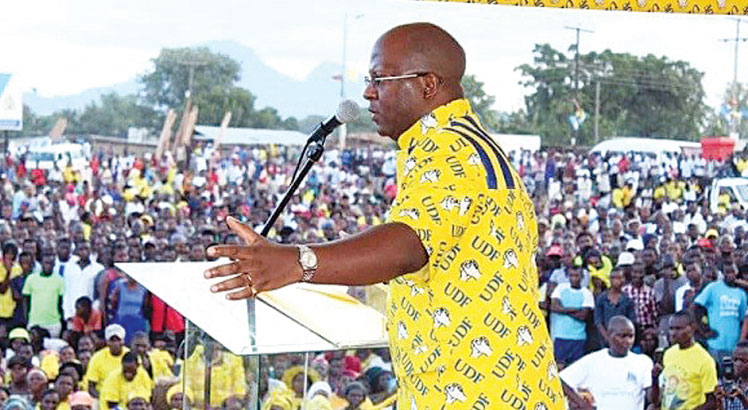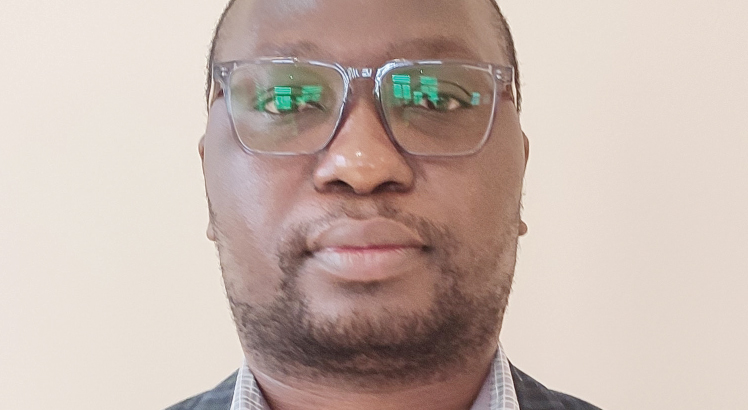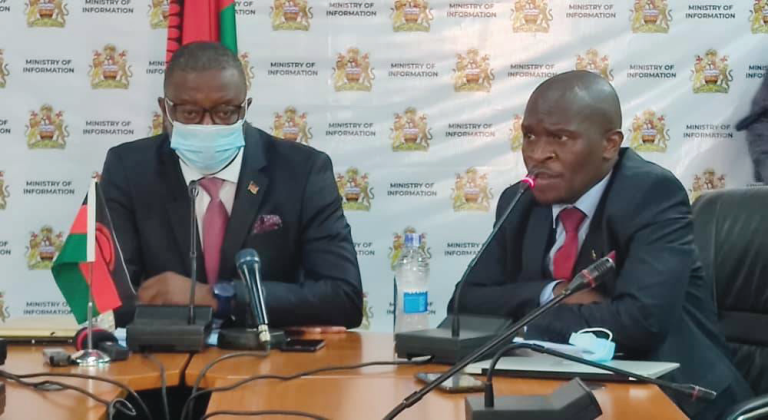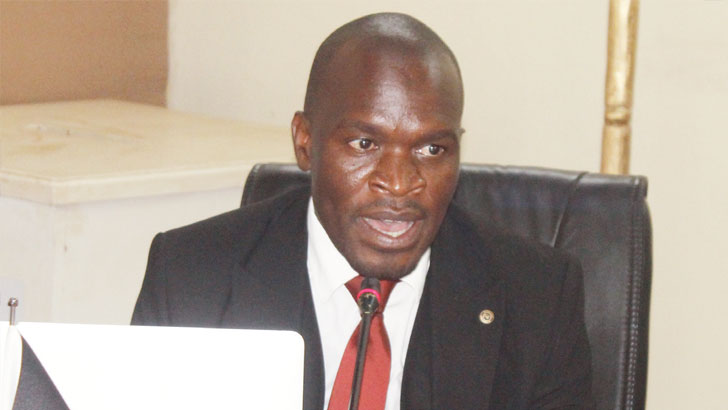Appreciating and depreciating
“The presidency,” writes Barrack Obama in his newly released memoir, “is like a car. Its value starts depreciating the day you go in office.”
The first black US President’s recount of his rise from small-time community organiser in his native Chicago to president of the most powerful nation on earth—while having a Muslim middle name—has been inspiring, but also educative.
It’s even more pleasing to read the book right now—at a time Obama’s successor and tormentor-in-chief; a guy who stood against everything Obama; launched his presidential campaign on anti-Obama rhetoric and has tried to dismantle his legacy at every opportunity, is leaving the White House.
History will judge both Obama and Donald Trump’s records in due time.
But my apologies, I digressed. What has really moved me about the opening quote above is its relation to the perils of holding on to the capital of goodwill that presidents often enjoy in their first days, but certainly see erode as time goes.
After covering the presidency of Bingu wa Mutharika, Joyce Banda, Peter Mutharika, in my time I have been in this trade, I have been watching closely for pointers on what may lie ahead with the Lazarus Chakwera presidency.
But, perhaps, that’s being on a fool’s errand. After all, politics is very dynamic. Trying to search for parallels with the past is all but a futile exercise, particularly if the aim is to predict the future.
After all, all the three presidents are different characters; with different temperament, skills sets and ideas.
After all, I am a journalist, not a prophet.
But, perhaps, what we can say here, in these early days of the Chakwera administration, is exactly what we make of what is obtaining on the ground.
And to be fair, so far, since we inked our index fingers in the ballot to vote, the overwhelming feeling is neither of a new Sherriff in town firing from all cylinders nor utterly disappointing. .
Sometimes, it’s difficult to really define what we expected Chakwera and Chilima to achieve in the first 100 days. But even when we cannot define the expectations, we can still not feel satisfied by what has been delivered. That’s another truism about politics, not even our benchmarks for success are in black and white.
But, perhaps, what it is many people’s idea of momentum would have been a clean break with the past and an end to many of the practices that eroded people’s hopes then, for example, curbing worsening corruption.
Some immediate bloodletting—the removal of public faces representing the old regime could also have satisfied many folks. In this case, the arrests galore happened, but people complained that it was ‘catch-and-release’ (ignoring that it was exactly the pressure for quick arrests that ensured that some arrests were made before investigations were conducted) and dismissal of people has been slow and more methodical (until the President’s address, in which he urged State organisations to remove all those hired on political grounds, which was code for DPP ‘cadets’).
Maybe all could’ve proved inadequate to convince folks that the transformative agenda—the construction of a new Malawi was underway when the pain of joblessness and poverty was still rampant.
That is all despite the President running the most transparent government since the creation of the republic—declaring his assets; submitting himself to Parliament as enshrined by the constitution to answer questions, hold regular press briefings etc.
People don’t just want gestures but perhaps something they can see and touch.
In that regard there has been little. Perhaps because big projects take a long time to plan for and finance and economies are never transformed overnight. But the President’s critics are slowly finding their voices and will continue to punch holes into his agenda, fuel disgruntlement so long as the President is not able, to paraphrase one writer, seduce the right emotions for the country.
But so far, Chakwera has displayed one trait that has marked him different to his predecessors. And that is a willingness to listen to the contrary view and try to seek consensus.





